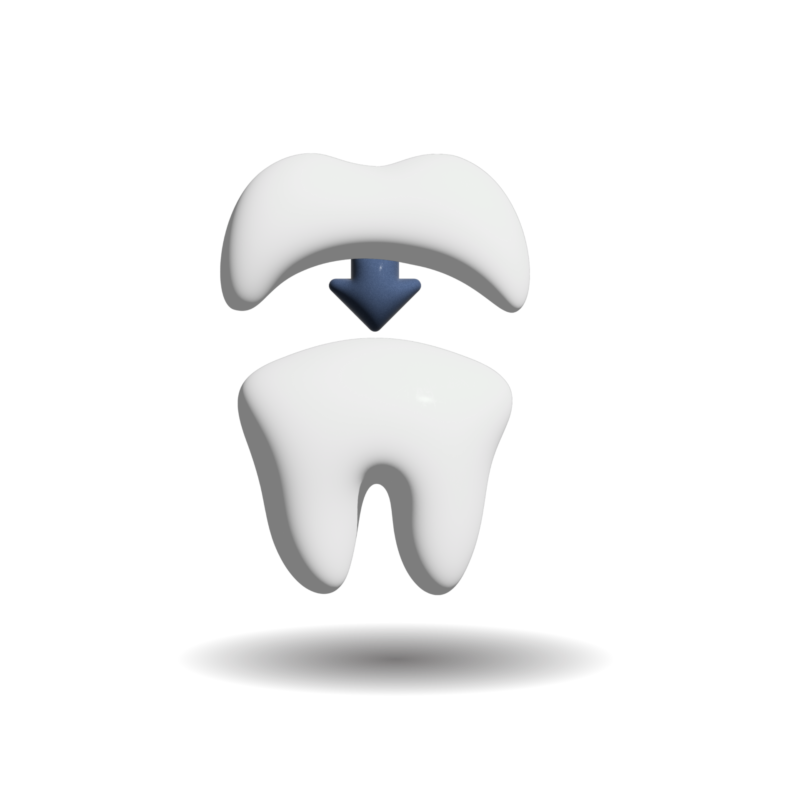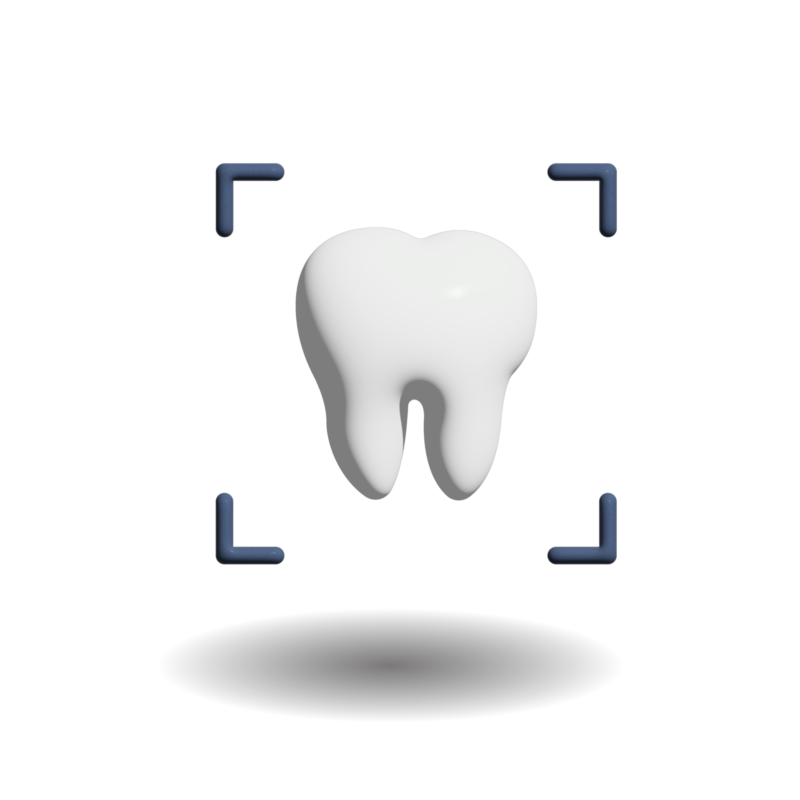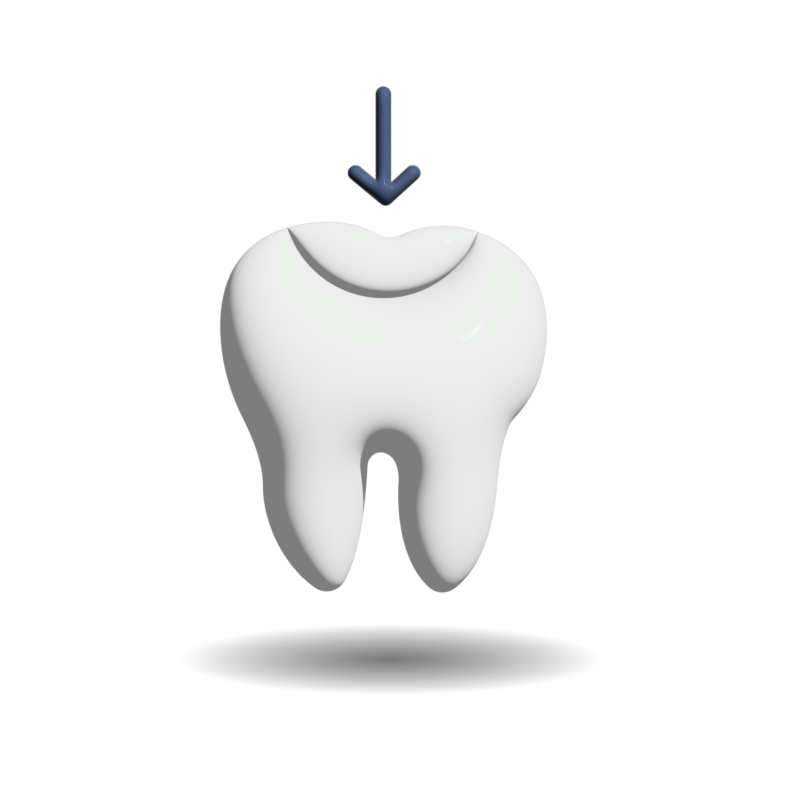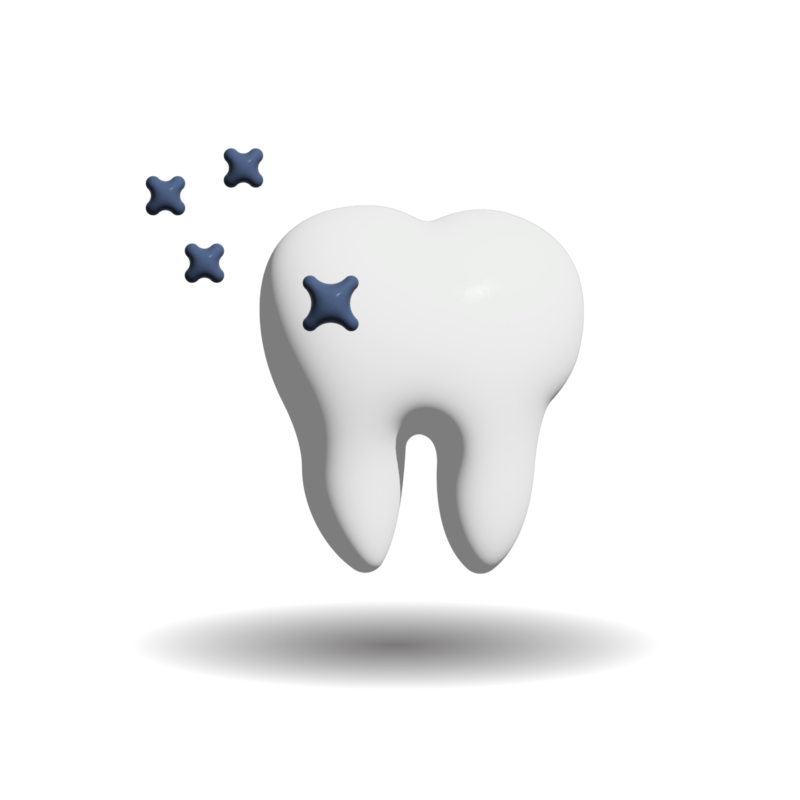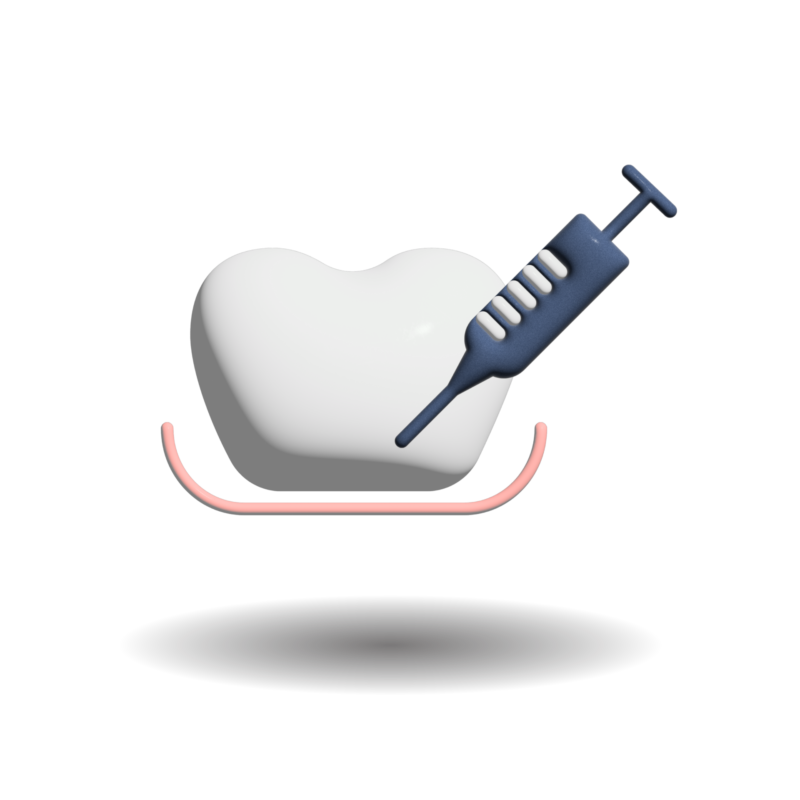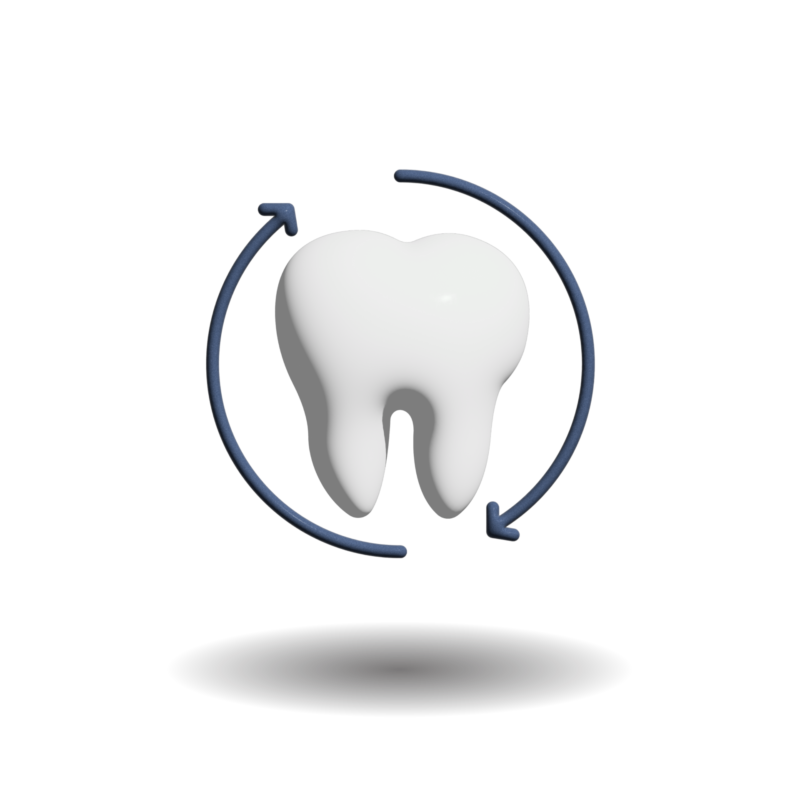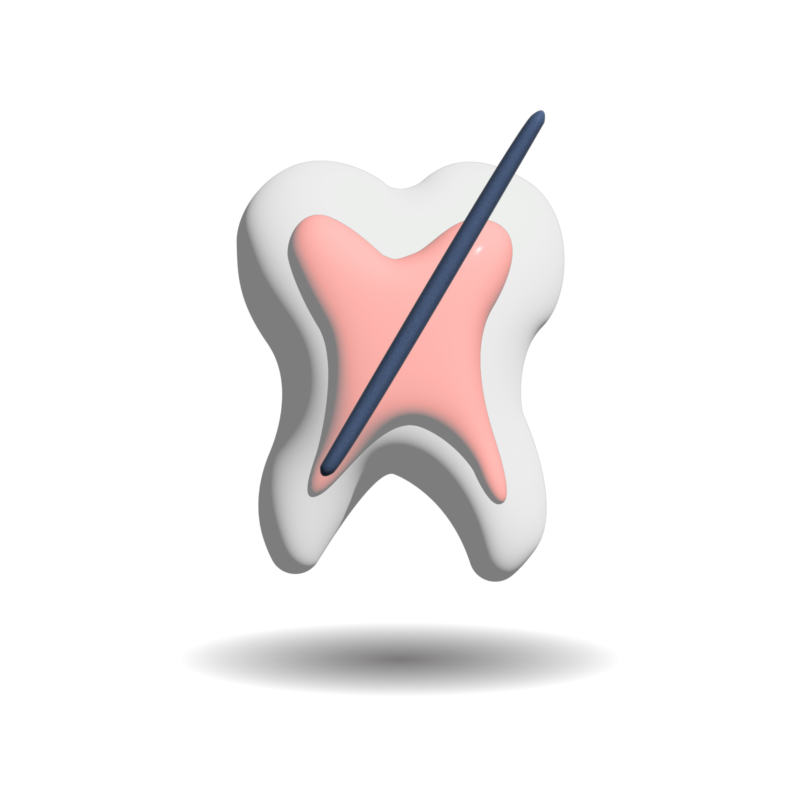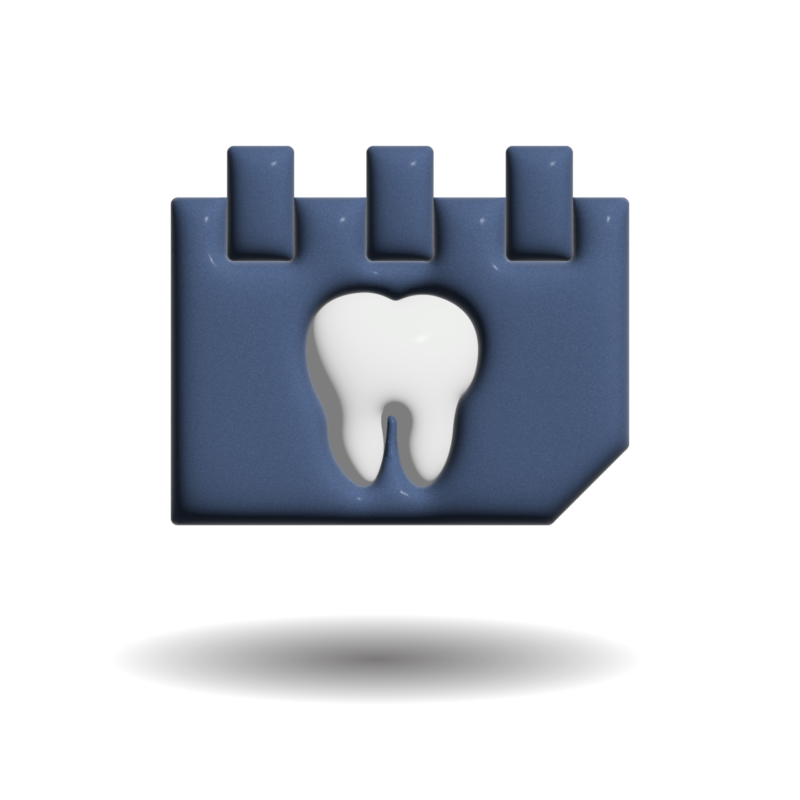Extractions
While dental extractions are usually the last resort in modern dentistry, they are still some of the commonest surgical procedures in the UK. Today’s dentistry offers a highly developed, straightforward and low-discomfort technique to remove teeth. Quick appointments for pain-related extractions, advanced anaesthesia to ensure a smooth experience, and options to replace the missing tooth as soon as you are ready for it, you can rest easy knowing that at Genix your dental extraction will never feel like pulling teeth!
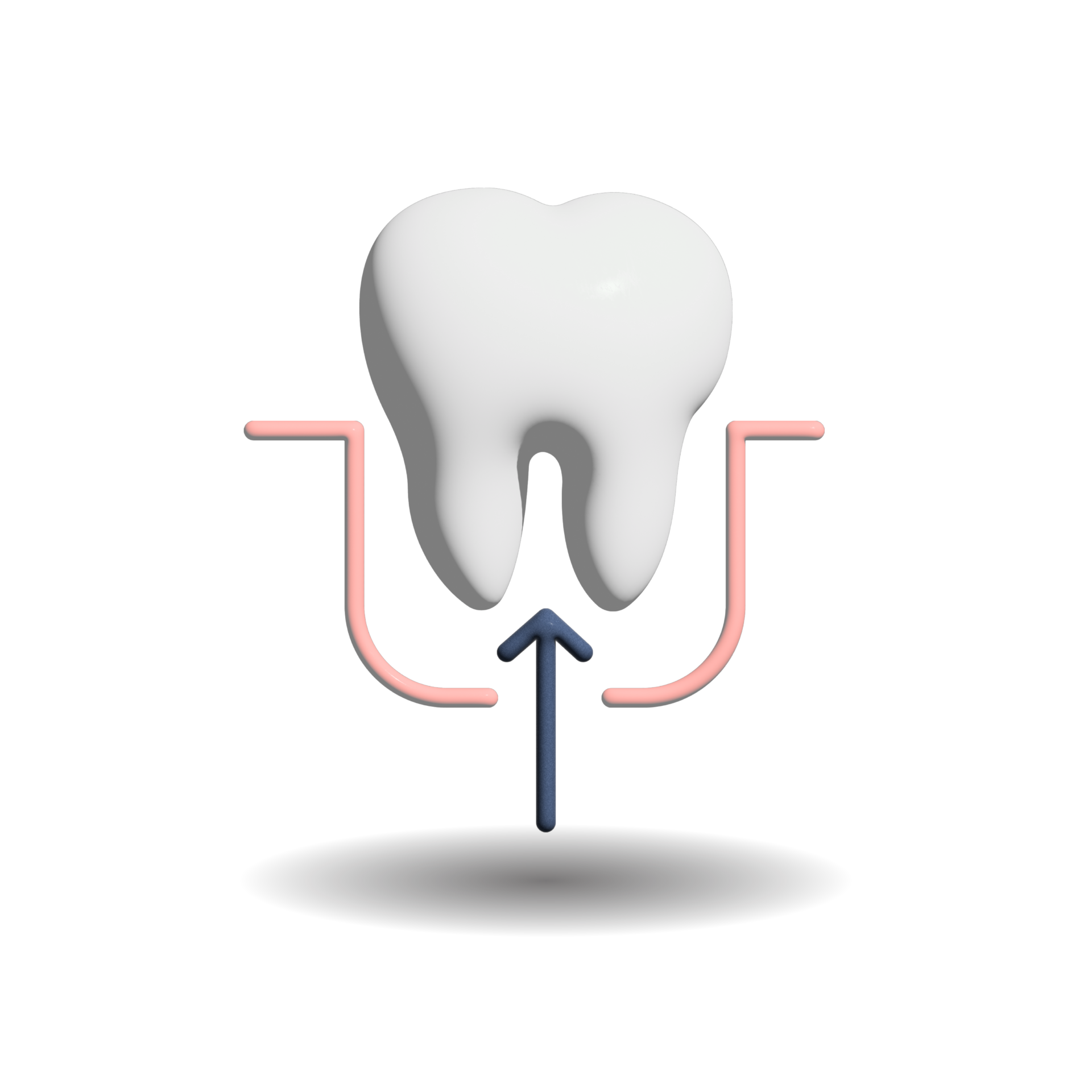
- As with any surgical procedure, some discomfort and swelling are a part of your body’s healing response. These are usually easily tolerated by following all instructions given by your dentist.
- In rare cases, sensitivity in adjacent teeth and altered sensation along the course of the dental nerve may become evident in the post-surgery period. Please make sure you get in touch if you notice something along these lines.
- In exceptional situations, you may need to be referred to a secondary care centre in the post-operative period. You will be informed about the need for this by your Genix Dentist.
When your Genix Dentist discusses the need for tooth extraction, you can be sure that they have considered and exhausted all possibilities of saving it. In the situations where a dental extraction is warranted, don’t forget to discuss the options for replacement to make sure you don’t miss out on the pleasure of smiling and enjoying your food: crowns and bridges, dental implants and dentures.
Maintaining your natural teeth, whenever possible, is the best way to allow for efficient eating and chewing and to maintain the overall structure of your mouth and face. Fillings, crowns and bridges, dental implants and dentures are some ways this is attempted. However, from time-to-time, teeth affected beyond repair with dental decay or gum disease become unsalvageable. Left untreated, these teeth can infect the jaw and create a painful abscess. In all these situations, extractions become necessary to prevent further complications and pain.
Trouble-causing third molars—wisdom teeth—that are hindered from erupting fully may need surgical extractions.
Apart from the pain- and infection-related reasons, sometimes extractions may be planned as part of orthodontic treatment as a space-gaining measure. The following points list the most common reasons for dental extraction:
- Treating teeth that are broken down beyond repair due to:
⁃ Dental decay
⁃ Gum disease
⁃ Trauma and injuries
- Remedying non-salvageable teeth that are causing an abscess
- Relieving symptoms due to impacted teeth—especially due to third molars
- Gaining space during orthodontic treatment to straighten teeth
Dentists only opt to extract teeth when saving them becomes unpredictable or impossible. When indicated however, dental extractions provide a definitive remedy to the malady that led to the symptoms. Dental extractions are performed to achieve the following objectives:
- Relief from pain and discomfort
- Prevention of spread of infection
- Elimination of putative germs, thereby improving the oral health
- Re-establishment of better dental alignment through orthodontic treatment
Unlike what a lot of people believe, our teeth are not directly anchored within bone. A very tiny space separates the roots of our teeth from the bone that surrounds them. Within this space are miniature fibres that connect the tooth to the jawbone. Extraction of teeth becomes possible because of this unique structural arrangement which enables the dentist to loosen teeth by separating this ligamentous tooth attachment.
Tooth extraction always begins with administration of anaesthesia to numb the area around the tooth. This is followed by tooth loosening using special tools to release the fibres connecting it to the bone. The loosened tooth is then elevated from the socket. For impacted teeth, the dentist may need to remove gum tissue and bone before loosening and extracting them. The dentist then uses dental forceps with controlled pressure to progressively release the tooth from its socket and surrounding bone to deliver it outside the oral cavity.
After removing the tooth, the dentist applies pressure to the tooth socket to arrest bleeding.
More complex cases may be referred to oral surgeons or periodontists. Also, sedation may be used in some cases to help the person relax during the procedure.
Technology has enabled creation of ever-sophisticated tools that are far gentler than the ones used in past, and as a result, the process of tooth removal can usually be comfortably tolerated.
Dental extraction is a single-appointment procedure, but will almost always be preceded by an appointment to take a detailed dental and medical history, along with a thorough exam. It is very helpful to discuss any concerns you may have with your Genix Practice—including those around anxiety—and to explore the need for sedation. Another valuable exercise is to consider how you wish to replace the missing tooth even before you have undergone the extraction: crowns and bridges, dental implants and dentures. Just ask your Genix Practice to get you in touch with our helpful Treatment Coordinator, and they will be happy to discuss this further.
The appointment for your tooth extraction may be followed by a check-up to make sure everything is going smoothly, and sometimes to remove stitches if necessary. You can reach us if you have any concerns in the days after your treatment.
- It is extremely important to follow the instructions given to you by your dentist to ensure uneventful healing. Usually, dietary cautions don’t apply for more than a day, and same is true with oral hygiene measures for the rest of the mouth. Each situation is different, however, and your Genix Dentist will tailor your post-operative instructions to you.
- You should avoid smoking, alcohol and exercise for 24 hours.

If you are a new patient you can fill out the form below to enquire.
Existing patients can book online or phone the practice directly.
Both new and existing patients will receive email confirmation if your enquiry.
New patients enquiries are sent through to our team and they will phone you back within 1-2 working days to book your consultation.
Existing patients will receive their booking confirmation from their online booking or phone call.
Visit the practice for your treatment and enjoy your new smile!
PP
TC
SK
EW
SP
BC
IB
PW
MR
Start your smile journey today. Fill out the contact form below and a member of our team will phone you back to book a time that suits you.
